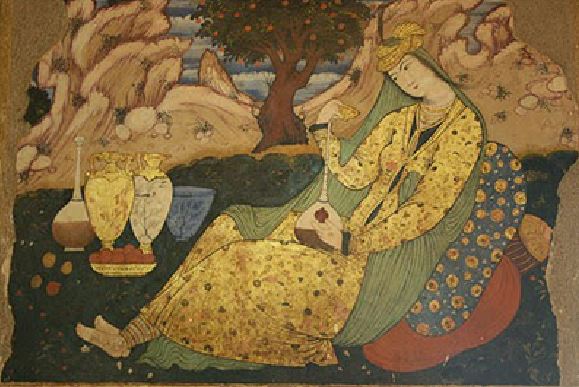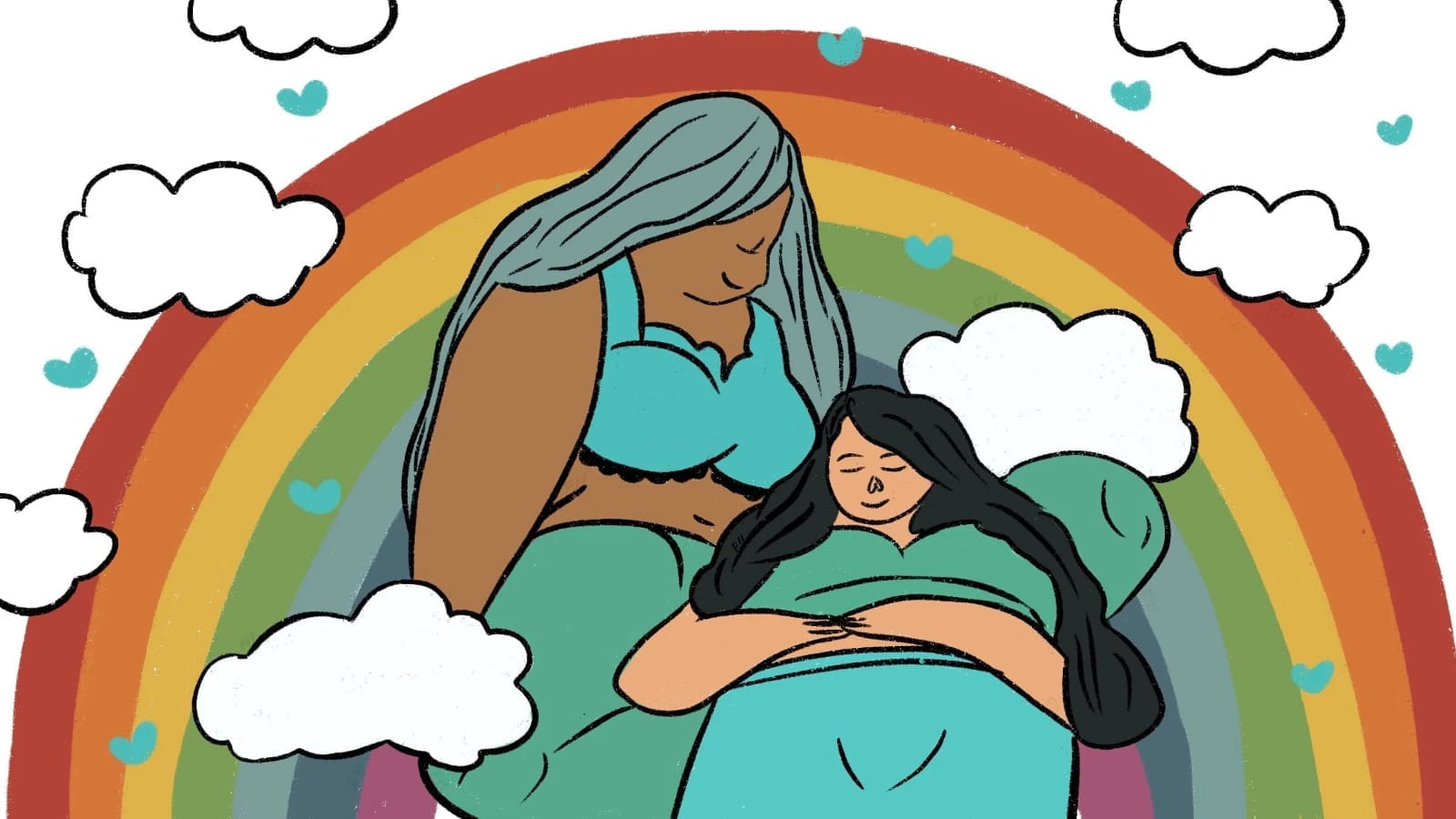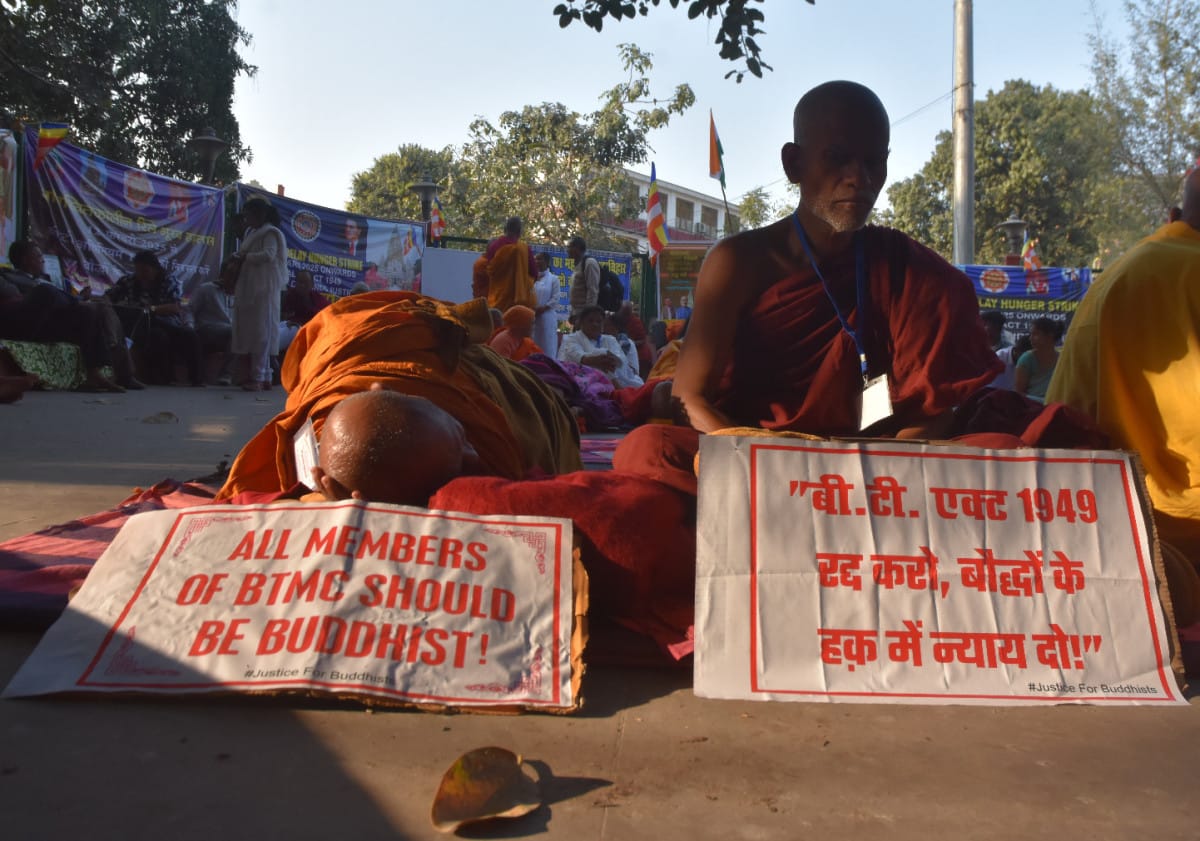Rabi’a Basri is a classical example of how faith and love can set you free. She was the first female Sufi Saint of Islam, Rabia al-Adawiyya, also known as Rabi’a Basri. She made one of the greatest contributions towards the development of Sufism. She was a teacher of women as well as of men; a woman who called no man her master. Her reputation excels that of many Muslim men within the early days of Sufism.
From Being A Poor Orphan And Slave To A Free Woman
Rabi’a was the fourth daughter of her extremely poor parents from Basra (Iraq). She was named Rabi’a as the word literally means fourth. After her parents died, she was sold into slavery. During the day she would do the master’s housework and at night she prayed. It is believed that one night her master saw a light surrounding her which left him captivated and in the morning he freed her. Thereafter, she paved her own way.
The Revolutionary Philosophy Of ‘Divine Love’
Once Rabi’a attained freedom; she went to the desert outside of Basra and spent several years worshipping in the desert, and performed a pilgrimage to Mecca. Rabi’a concentrated on God’s love, believing and teaching that love alone is the path to God. Her extended hours of prayer were not devoted to asking things of God, but in talking with him. She says, “I want to put out the fires of Hell, and burn down the rewards of Paradise. They block the way to God. I do not want to worship from fear of punishment or for the promise of reward, but simply for the love of God.”
Also read: Tribute To Begum Akhtar: The Queen Of Catastrophe
Rabi’a loved God so much that she would say that she had no time to hate Satan. “My heart is filled with the love of God and has no place in it for hate.”

Image Source: In Via Lumen
An Independent Single Woman
Her life as an independent, influential and intellectual woman showed that wealth and status are not acquired through financial resources, but rather through richness in spiritual value and control of the ego. One needs not to be a man or rich to therefore have a higher status in the eyes of God. Rabi’a led a life in which she had completely detached herself from all other desires but the love for God.
She showed in this way that having this personal bond was something that both men and women are capable of striving for and that any man and woman can live this free path of life. Rabi’a thus consciously pursued an independent lifestyle as a woman, a path that many female Sufi mystics followed. It was her high-spiritedness with which she put man around her in her place, among which by rejecting many marriage proposals she saying, “God can give me all you offer and even double it. It does not please me to be distracted from Him for a single moment. So farewell.”
Rabi’a consciously pursued an independent lifestyle as a woman, a path that many female Sufi mystics followed.
Including her as a saint in his series of biographical sketches, Farid al-Din Attar wrote:
If anyone asks, “why have you included Rabi’a in the rank of men?’ my answer is, that the Prophet himself said, ‘God does not regard your outward forms …’ Moreover, if it is permissible to derive two-thirds of our religion from Aisha, surely it is permissible to take religious instruction from a handmaid of Aisha.” Attar further added “Rabi’a wasn’t a single woman but a hundred men over.”
Spiritual Leader Of Both Women And Men
She taught both women and men her revolutionary love-mysticism which produced a rich legacy. She was a strong-willed woman who criticised and helped develop the other Sufi masters of her time.
“Take me to the teacher. For when I am apart from her, I can find no solace.” ,Sufyan al-Thawri says about Rabi’a. She paved the way for later female saints, and she reached a state which all Sufis strive for through the destruction of her nafs (ego/self).
Choosing A Life Of Dematerialisation
She lived a life of dematerialisation and poverty. When she died in her 80s, her possessions included a reed mat, a screen, a pottery jug and a bed that doubled as her prayer rug. She said, “I should be ashamed to ask for the things of this world from him to whom the world belongs,” she said, “and how should I ask for them from those to whom it does not belong?”
The Question Of Feminism
Rabi’a Basri’s careful preservation of her life as an independent woman, her position as a female intellectual and spiritual leader, her standing up for this position, imply an egalitarianism. The high-spiritedness with which Rabi’a put the men around her in their place also has an egalitarian effect.
Rabia lived a free life, retaining ‘full control and legal autonomy with respect to herself in that she is neither wife, nor slave, nor under any male authority’.
Some scholars believe that as Rabi’a did not literally speak about the equality of men and women so it would be foolish to identify her as a feminist. However, her life did not fit the patterns for women of her time but followed its own free path. This is also the conclusion of Muslim feminist Leila Ahmed, who argues that Rabia lived a free life, retaining “full control and legal autonomy with respect to herself in that she is neither wife, nor slave, nor under any male authority”.
Also read: Mirabai: A Tale Of Simultaneous Devotion And Subversion | #IndianWomenInHistory
Ahmed concludes that the emerging discourse of Islamic feminism wants to get rid of the colonial history and connotation of the feminist project which was imported since the beginning of the last century in Egypt and Iran by Western colonisers in opposition to the Islamic tradition.
References
1. Rabi’a: The Life & Work of Rabi’a and Other Women Mystics in Islam by Margaret Smith
2. The Life of Rabia al-Adawiyya: Reflections on Feminism and Fundamentalism by Karen Vintges
3. Rabia al-Adawiyya, Martyr of Divine Love by Abdel Rahman Badawi
4. Muslim Girl
5. Mvslim
6. Poetry Foundation
Featured Image Source: Emilys Poetry Blog






Ohh Islam has only one to present.Hinduism has countless
Notable HINDU Female Gurus of India
https://medium.com/@angsuman/notable-female-gurus-of-india-5e061d686d85
Notable HINDU Female Saints of India
https://www.womensweb.in/2016/12/female-saints-of-india/
Islam is not that much old religion compared to Sanatan dharm or Hinduism that’s why we doesn’t have that much example to give and these days people are getting away from religion and choosing to become atheist rathere than a good Muslim, Hindu or Christian.